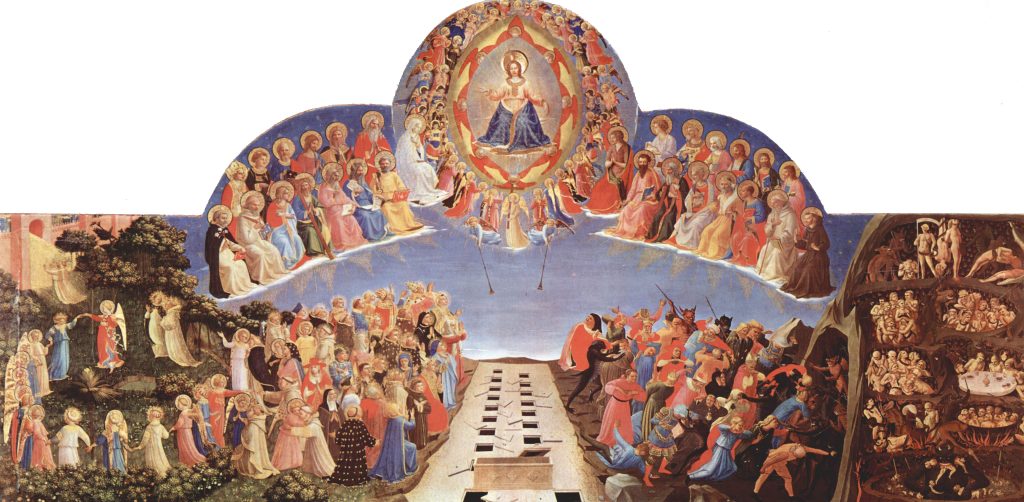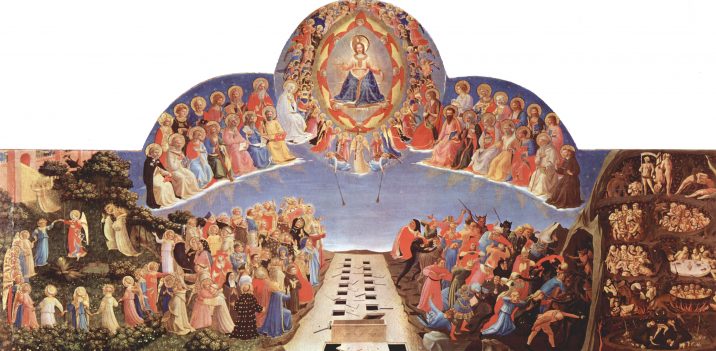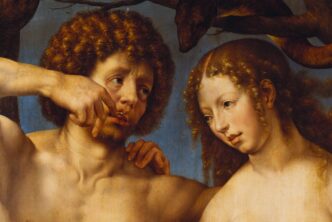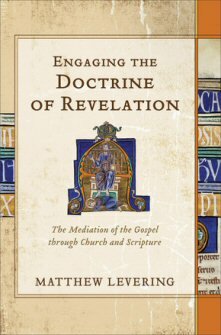
Hans Urs von Balthasar is one of the most famous modern Catholic theologians. He is also, by reputation, notoriously difficult and inaccessible. But the introduction to his magnum opus, the Theological Trilogy, is lucid and readable:
Beginning is a problem not only for the thinking person, the philosopher, a problem that remains with him and determines all his subsequent steps; the beginning is also a primal decision which includes all later ones for the person whose life is based on response and decision. God’s truth is, indeed, great enough to allow an infinity of approaches and entryways. And it is also free enough subsequently to expand the horizons of one who has chosen too narrow a starting point and to help him to his feet. Whoever confronts the whole truth—not only man’s truth and that of the world, but the truth of a God who bestows himself on man, the truth not only of the historical Gospel and of the Church that preserves it, but the truth of the growing Kingdom of God both as it now is in the fulness of God’s creation and also in the weakness of the grain that dies in me and in all my brothers, in the night of our present and in the uncertainty of our future: whoever, I say, confronts such wholeness of truth desires to choose as his first word one which he will not have to take back, one which he will not afterwards have to correct with violence, but one which is broad enough to foster and include all words to follow, and clear enough to penetrate all the others with its light.
The Trilogy is an attempt to understand God through Christ’s three-fold description of himself in the Gospel of John as “the way, the truth, and the life,” and he does this by means of the transcendentals: the good, the true, and the beautiful. He begins with beauty:
The word with which we embark on this first volume of a series of theological studies is a word with which the philosophical person does not begin, but rather concludes. It is a word that has never possessed a permanent place or an authentic voice in the concert of the exact sciences, and, when it is chosen as a subject for discussion, appears to betray in him who chooses it an idle amateur among such very busy experts. It is, finally, a word from which religion, and theology in particular, have taken their leave and distanced themselves in modern times by a vigorous drawing of the boundaries. In short, this word is untimely in three different senses, and bearing it as one’s treasure will not win one anyone’s favours; one rather risks finding oneself outside everyone’s camp. Yet if the philosopher cannot begin with this word, but can at best conclude with it (always assuming that he has not forgotten it under way), should not the Christian for this very reason perhaps take it as his first word? And since the exact sciences no longer have any time to spare for it (nor does theology, in so far as it increasingly strives to follow the method of the exact sciences and to envelope itself in their atmosphere), precisely for this reason is it perhaps high time to break through this kind of exactness, which can only pertain to one particular sector of reality, in order to bring the truth of the whole again into view—truth as a transcendental property of Being, truth which is no abstraction, rather the living bond between God and the world. And finally: since religion in our modern period has renounced that word, it would not be idle to investigate at least this once what countenance (if we can still speak of a ‘countenance’) such a denuded religion may exhibit.
Beauty is the word that shall be our first.
Hans Urs von Balthasar, The Glory of the Lord: A Theological Aesthetics I: Seeing the Form, trans. Erasmo Leiva-Merikakis (San Francisco; New York: Ignatius Press; Crossroads Publications, 2009), 17–18.
Don’t fear the difficulty! Jump right in to this marvelous work of Catholic theology. Hans Urs von Balthasar’s Theological Trilogy (16 volumes) is on sale this month as part of our annual March Matchups promotion.





